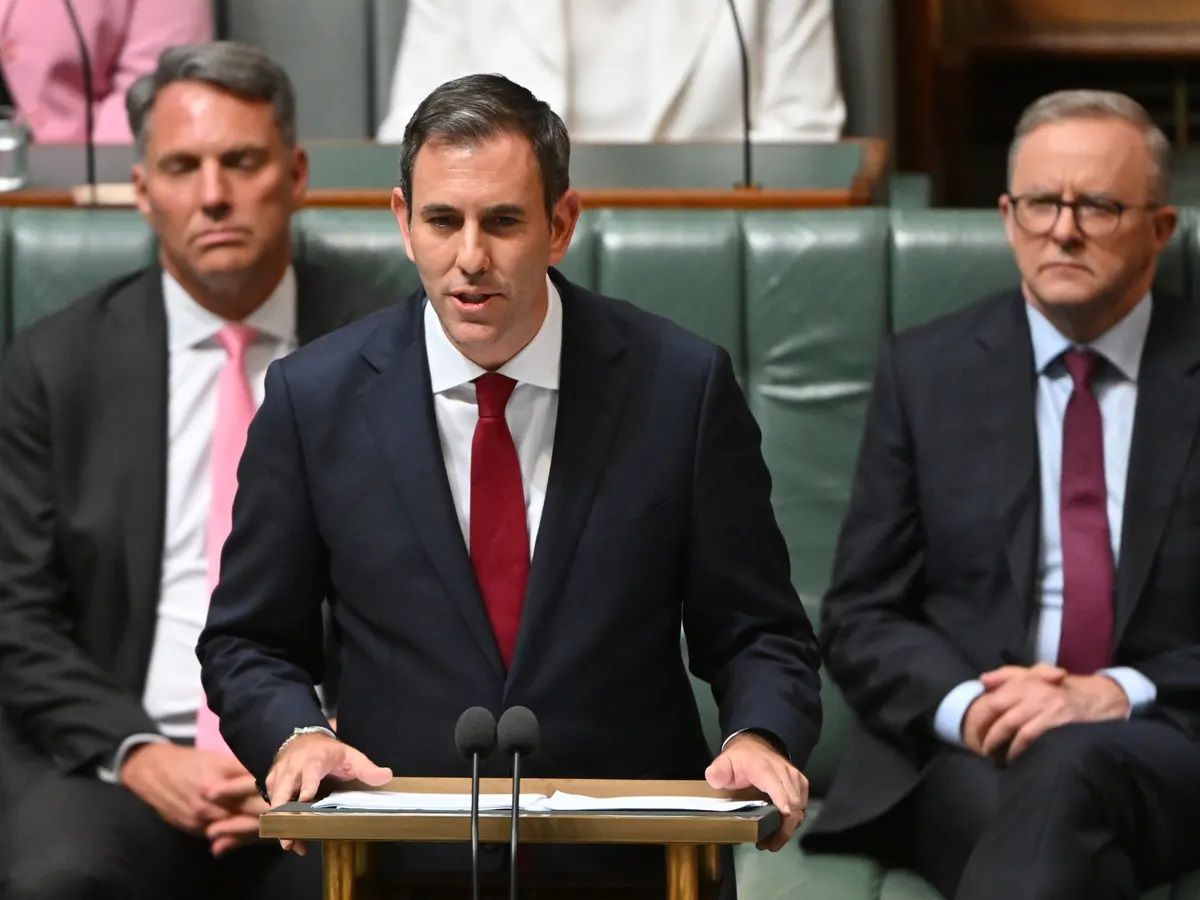GST on property development
The big changes for developers and purchasers
If a Bill currently before Parliament passes, from 1 July 2018, purchasers of new residential premises or new residential subdivisions will need to remit the GST on the purchase price directly to the ATO as part of the settlement process.
This is a significant change from how GST is currently managed with the developer collecting the full proceeds and remitting GST to the ATO in their next BAS (which can be up to three months after settlement). The reforms are aimed at preventing developers from dissolving the business before the next BAS lodgement to avoid remitting the GST.
For some developers there will be a significant cash flow impact because the purchaser will be required to pay 1/11th of the full sale price to the ATO, even if the developer's GST liability on the sale would be less than this (e.g., where they can apply the GST margin scheme). In these cases, developers will need to seek a refund from the ATO.
The reforms apply to the sale or long-term lease of:
- new residential premises (other than those created through a substantial renovation and commercial residential premises); or
- subdivisions of potential residential land.
For the purchaser
If you are purchasing a new property affected by the changes after 1 July 2018, you will need to pay 1/11th of the full sale price directly to the ATO at settlement.
The vendor must supply you with a notification advising that the payment is required and the amount that is to be paid.
For the developer (vendor)
From 1 July 2018, the vendor will no longer collect and remit GST on the purchase price of the residential premises. Instead, the vendor must notify the purchaser in writing that the GST needs to be paid to the Commissioner and advise the amount that must be paid. The amount to be paid is simply 1/11th of the full sale price, regardless of whether the vendor is eligible to apply the margin scheme to reduce the GST liability associated with the transaction. In general, this notification will need to include:
- the name and ABN of the entity that made the supply;
- when the purchaser is required to pay that amount to the Commissioner (generally settlement date); and
- where some or all of the consideration is not expressed as an amount of money (e.g., sale of property for cash plus another property) - the GST-inclusive market value of the consideration that is not expressed as an amount of money.
Vendors that fail to provide this notification face fines of up to $21,000 per event.
The vendor will receive a credit for the amount that has been paid by the purchaser to the ATO (if the amount was simply withheld but not paid these amounts cannot be claimed). If the vendor's net amount for the tax period is in a credit, a refund will be made.
It's expected that the new rules will generally be incorporated into the settlement process but it is something that developers and purchasers will need to be across for any affected property with a settlement date of 1 July 2018 onwards.
If you are developing property and are concerned about the impact of the reforms, please contact your Aspen Corporate Advisor.
Thinking outside the box.
Our thinking doesn’t
just deliver value.
It saves you time.
It’s more than just reducing expenses or helping you improve profitability today. It's about fast tracking your success by taking the time to build a shared vision of your best future. Backed with dedicated and unparalleled team industry leading expertise, empowering you with the tools and guidance to make informed decisions, streamline your financial processes, raise the bar on what’s possible and help you achieve your business goals more efficiently.
The most valuable thing to our success is you. The most valuable thing to you is time.
Where knowledge meets
understanding in tax solutions.

With 35 years of experience, we know that a good business stems from the roots; from our people.
We offer a unique combination of taxation, accounting, financial and advisory services tailored to the individual requirements of your business.
The contents of this website should be read in conjunction with the Terms & Conditions and Privacy Policy.
LIABILITY LIMITED BY A SCHEME APPROVED UNDER PROFESSIONAL STANDARDS LEGISLATION
Liability Limited by a Scheme Approved under Professional Standards Legislation






